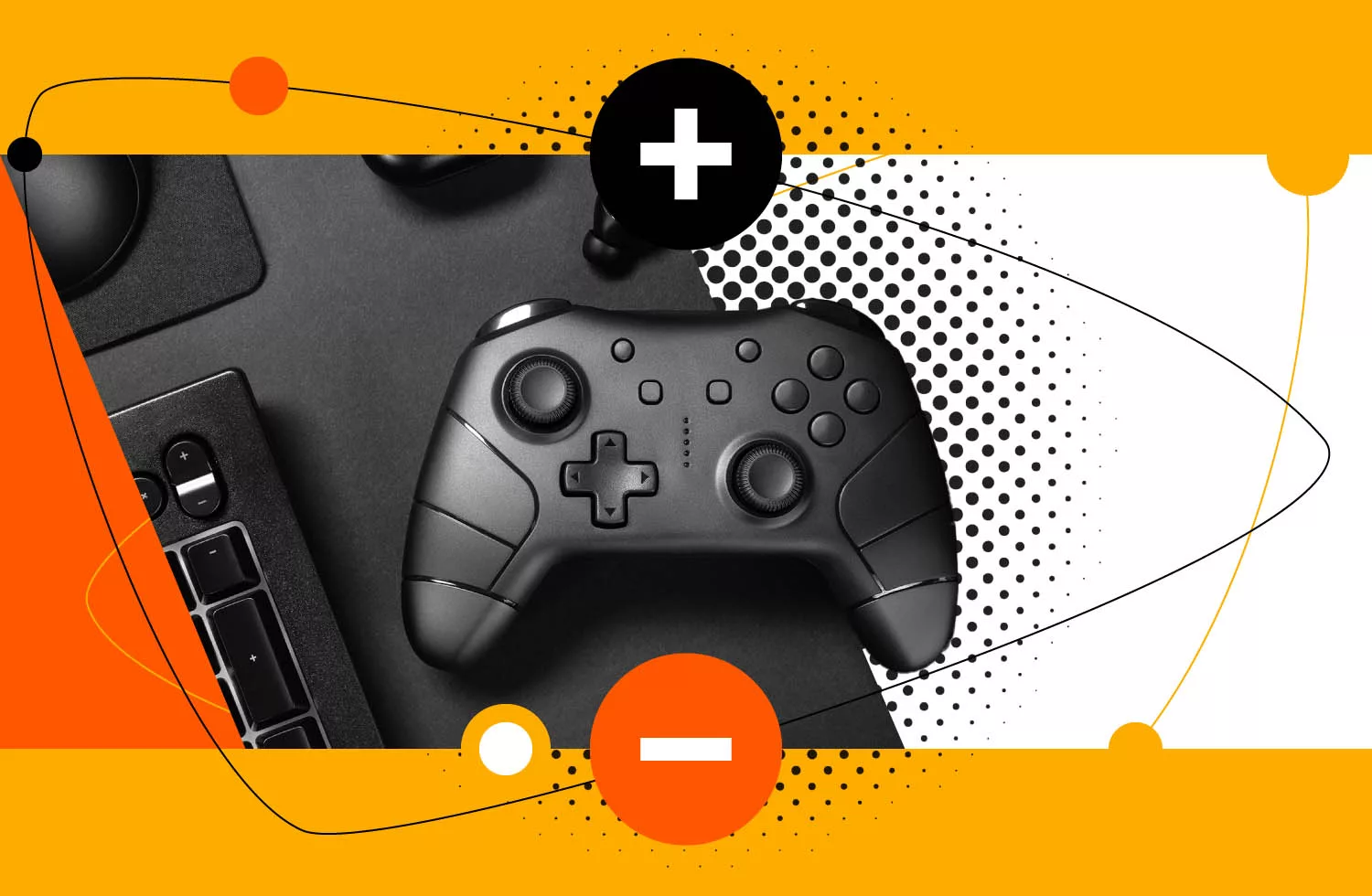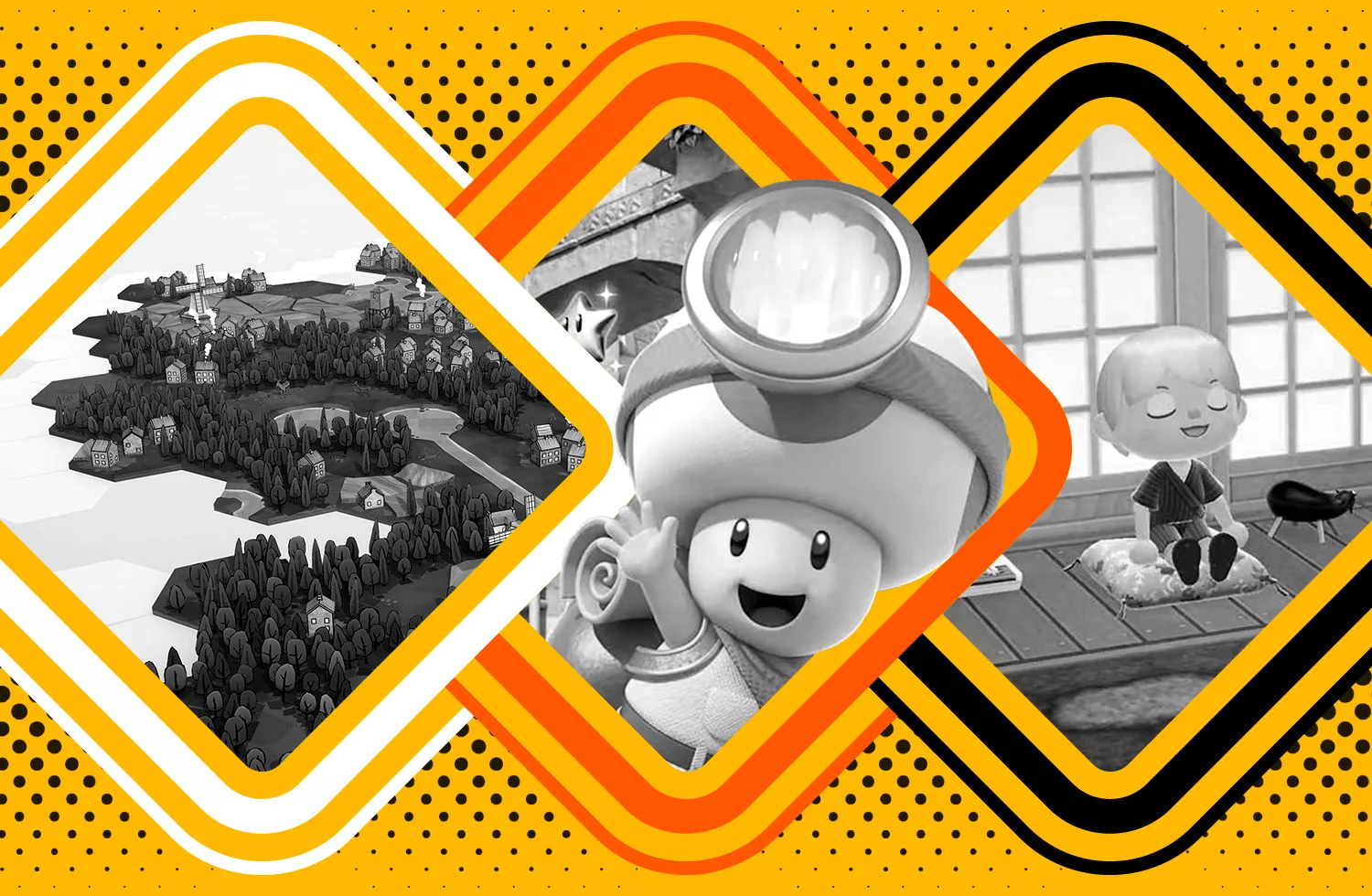
The ESL Pro League is the target for every serious Counter-Strike Global Offensive (CS:GO) player. Founded in 2015 by ESL and comprising 24 teams spread across four continents, the ESL Pro League is where the best CS:GO players go to battle.
The league’s roots stretch back to 2014 and an initial idea by Germany’s Electronic Sports League (now ESL Gaming). The company wanted to find the top CS:GO players in Europe through a series of tournaments. A year later, the European ESL League formed a joint venture with North America’s E-Sports Entertainment Association League.
How Does the ESL Pro League work?
The newly formed competition brought the best teams from Europe and North America together under one banner where they would compete for a $500,000 prize pool. ESL Pro League NA and EU battled for two years before the competition was improved once again. Regional ESL leagues were subsequently set up in Asia and Oceania.
The top performers from all four regions would then compete in a global final for the lion’s share of $1 million. In 2021, all four regional leagues were consolidated into one global organization.
As such, the ESL Pro League became an international competition comprised of 24 CS:GO teams from Europe, North America, Asia, and Oceania. The 24 teams now play a series of preliminary matches from which 12 progress to the final. From there, the CS:GO world champions are crowned.
How Do You Qualify for Pro League ESL?
Qualification for the ESL Pro League is via a two-tier system. There are 24 spots in the final but 13 of those are taken by partner teams. These teams have what’s known as “permanent partner status,” which means they have financial ties (through a revenue-sharing model) with the ESL.
As such, the annual four-week final always features these 13 CS:GO teams:
- Astralis
- Fnatic
- ENCE
- Team Vitality
- Team Liquid
- Evil Geniuses
- Ninjas in Pyjamas
- Complexity
- mousesports
- FaZe Clan
- Natus Vincere
- G2 Esports
- *100 Thieves (left the league and will be replaced)
The remaining 11 sports in the ESL Pro League are determined via a series of qualifiers. Six teams qualify via a ranking system dependent on recent performances in major CS:GO tournaments. The six teams who score the most ranking points qualify for a spot in the ESL Pro League. The remaining five places in the final go to regional qualifiers.
There are two regional ESEA Premier seasons every year. That means there are two champions from Europe and two champions from North America. The fifth and final spot in the ESL Pro League final goes to the winner of a playoff match between the two ESEA Premier champions from Oceania.
Once that match is decided, the final is set. At this point, the roster of 24 teams splits into four groups of six. Group matches are best-of-three showdowns. The top teams in each group make it through to the final stages where a series of elimination matches determines the winner.
How much is ESL worth?
ESL gaming, formerly known as the Electronic Sports League, has been organizing pro eSports events for console and PC games since 2000. In 2015, Modern Times Group bought a 74% stake in ESL’s parent company, Turtle Entertainment, for $86 million. Today, ESL is worth over $100 million.
ESL Pro League Hall of Fame
ESL hosts a variety of competitions covering everything from mobile games and action games to robot games. However, one of its most prestigious events, the ESP Pro League, is all about finding the best shooters.
By pitting 24 of the world’s best CS:GO teams against each other in a four-week tournament, ESL can crown the world champions of shooter games.
Therefore, the team who won ESL Pro League 11, were Fnatic and Team Liquid. This, in turn, means that Fnatic was recognized as the best CS:GO team in Europe. And, because Team Liquid won the ESL Pro League NA event, they become the best team in North America.
Today, the leagues have been consolidated so there is only one overall champion. With that being said, here are all the winners from previous ESL Pro League seasons.
Season | Winning Team |
| ESL Pro League Season 1 | Fnatic |
| ESL Pro League Season 2 | Fnatic |
| ESL Pro League Season 3 | Luminosity Gaming |
| ESL Pro League Season 4 | Cloud9 |
| ESL Pro League Season 5 | G3 Esports |
| ESL Pro League Season 6 | SK Gaming |
| ESL Pro League Season 7 | Astralis |
| ESL Pro League Season 8 | Astralis |
| ESL Pro League Season 9 | Team Liquid |
| ESL Pro League Season 10 | mousesports |
| ESL Pro League Season 11 EU | Fnatic |
| ESL Pro League Season 11 NA | Team Liquid |
| ESL Pro League Season 12 EU | Astralis |
| ESL Pro League Season 12 NA | FURIA Esports |
| ESL Pro League Season 13 | Heroic |
The Future of the ESL Pro League
The future of the ESL Pro League is bright. Now that the regional events have been merged into a single global contest, the ESL Pro League standings will be easier to understand. Indeed, by having 13 partner teams and a clear route for others to qualify, we can say for certain that all future champions are the best CS:GO team in the world.
Of course, we can look through the ESP Pro League standings for season 14 and see familiar names such as Fnatic, ENCE, and Astralis.
However, anything can happen in this sport. Regional teams have the opportunity to rise through the ranks and cause an upset. That’s what makes the ESL Pro League so exciting and it’s one of the main reasons Plarium has become an official sponsor.
As well as bolstering the ESL’s already strong list of partners, which includes DHL, Monster Energy, and Coinbase, the deal brings new games into the mix. Plarium is integrating Raid: Shadow Legends and Mech Arena: Robot Showdown into the ESL Pro League, along another new title.
Andreas Jernberg, Senior Key Account Manager of Brand Partnerships at ESL Gaming, said that the deal with Plarium will create new opportunities for gamers across the board.
“We are thrilled to partner with Plarium and to open up a world of possibilities to take both esports and gaming in general to a whole new level. By presenting Raid: Shadow Legends and Mech Arena: Robot Showdown via brand integrations and a unique custom segment, we have some great content in store,” Jernberg explained.











